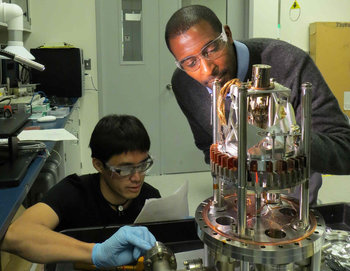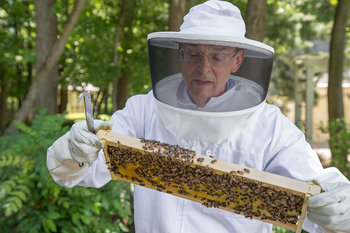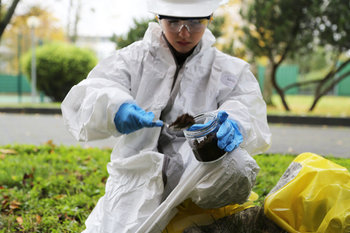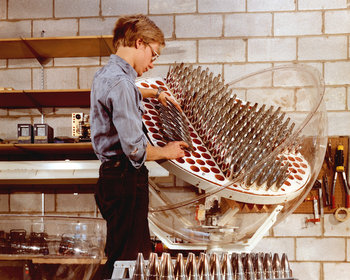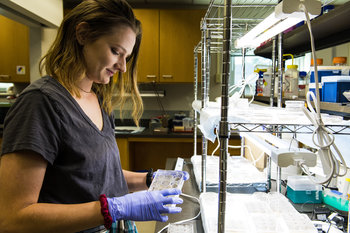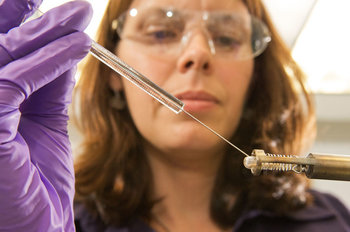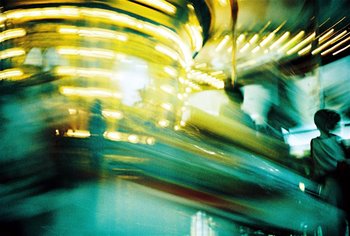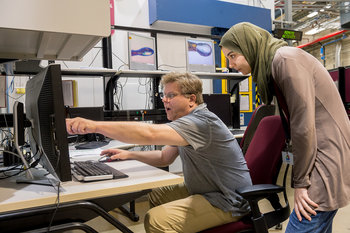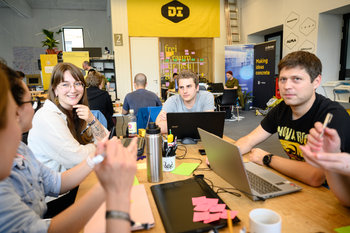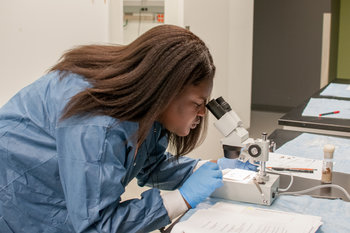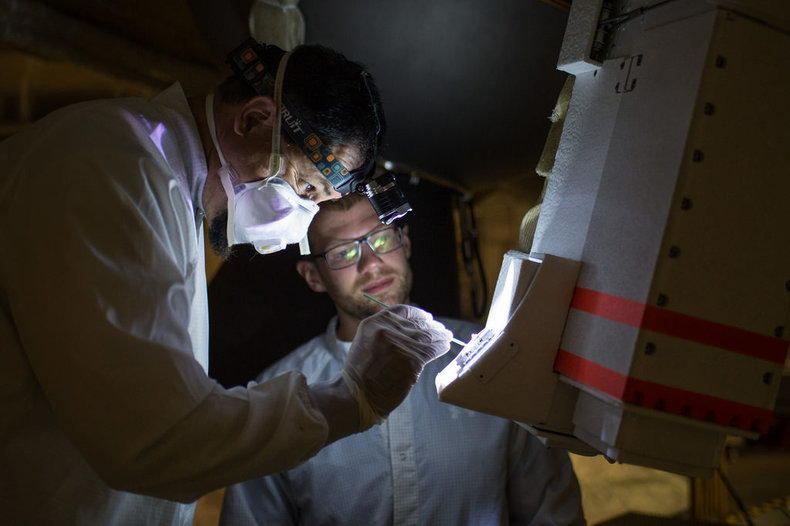
Procedural Controls
Methods that are designed to reduce error in conducting the experiment. For example, a process of taking measurements twice to reduce the potential for measurement error.Variable Control
The practice of keeping a variable constant to minimize its influence on results. Ideally, all variables that can influence results that aren't the independent variables are controlled in this manner. In some cases, variables can't be held constant but steps are taken to reduce their variation. For example, in an outdoor experiment with plants it may be impossible to keep wind at a constant but a fence structure may be used to prevent extreme variations in wind from one spot to the next on the field.Negative Control
The process of conducting the experiment in the exact same way on a control group except that the independent variables are a placebo that is not expected to produce a result. For example, an experiment on plants where one group of plants are given a fertilizer delivered in a solution and a control group that are given the same amount of the solution that contains no fertilizer.Positive Control
A positive control group is not exposed to the experimental treatment but is exposed to another treatment that is known to work. In other words, the independent variables in a positive control group are changed to a known method for achieving the desired result. For example, an experiment on a new fertilizer may have a positive control that uses a fertilizer that is known to increase plant growth.Randomization
Selecting members of treatment and control groups at random. For example, a field may be divided into 36 small plots and these plots assigned at random to a treatment group and two different control groups.Blind Experiment
The practice of not informing participants whether they are in the treatment or negative control (placebo) group. This is done to encourage the placebo effect whereby people may show some improvement simply because they believe they are being treated.Double-Blind Experiment
The practice of not informing some of the experimenters which of the participants in an experiment are in a control group. This is done to eliminate unintentional bias. For practical reasons, some of the experimenters may need to know the members of the control group such as the individual who performs the randomization.Notes
The ultimate test of the validity and reliability of an experiment is to have results reproduced by independent third parties with similar but potentially different experiments. In some fields, such as Psychology, reproducibility rates are remarkably low.| Overview: Experiment Controls | ||
Type | ||
Definition | Processes and procedures designed to minimize the influence of variables on an experiment other than the independent variables. | |
Related Concepts | ||



